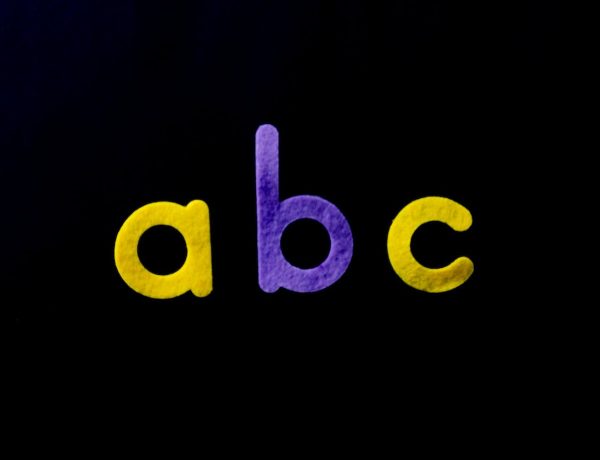A long-time factor for a medical test for kidney transplant evaluations has been rectified, which has lessened a massive barrier for Black patients in need of a new kidney.
Previously, the eGFR (estimated glomerular filtration rate) test that is used for kidney transplant waitlist evaluations included race and outdated studies that inaccurately showed that Black patients’ kidney function was different than other racial groups and underestimated the extent of their illness, according to ABC News. Today, race is no longer taken into consideration. This came after reassessment from the National Kidney Foundation and the American Society of Nephrology in 2020, which determined race had no connection to kidney function. As a resulted, the Organ Procurement and Transplantation Network enacted the update in 2023.
“That really was problematic, but it was very widely accepted,” said Martha Pavlakis, former chair of the kidney committee with the Organ Procurement and Transplantation Network, according to the outlet. “It was what we were taught. It was what we turned around and taught other people.”
According to the National Kidney Foundation, previously eGFR calculations considered race on the assumption that “people who self-identify as Black/African American can have, on average, higher levels of creatinine in their blood,” which is a natural waste product of the body. For the evaluation test, a person’s level of creatinine is used, among other factors, to determine the extent of kidney disease. Based on the inaccurate theory that Black individuals have this difference due to “muscle mass, diet, and the way the kidneys eliminate creatinine,” eGFR calculations had set them at a disadvantage, requiring them to meet a higher threshold to be considered a candidate for kidney transplantation.
ABC News reports that the removal of race as a factor in the evaluation has led to over 14,000 Black kidney transplant candidates moving up the waitlist, and almost 3,000 of them have already received a kidney transplant.
Among the patients is Jazmin Evans. The outlet details that the 29-year-old was diagnosed with chronic kidney disease back in 2012. Then, in 2019, after being put on dialysis for years, Evans was placed on the kidney transplant waitlist. At the time, she says she felt hopeless about being selected as a candidate for a new kidney.
Due to the previous eGFR measuring her kidney function as higher than it was based on her being Black American, her eligibility for a transplant had been delayed by years. After transplant centers began to re-run calculations starting in 2023, Evans’ new results showed she should have been a candidate in 2015.
“At this point, I am eight years on the transplant list,” Evans explained in a TikTok video posted in April 2023. “For my blood type, the average waiting time is about four to five years. I could have been had a kidney already.”
@imightbejaze #peritonealdialysis #dialysiswarrior #kidneydonorneeded #dialysiswarrior #esrd #kidneydonorneeded #kidneydonorawareness #givelife #donatelife #donatelifemonth ♬ original sound – Jaz E.
By July 2023, Evans shared in a follow-up TikTok that she received a kidney transplant.
@imightbejaze #fyp #kidneytransplant #organdonation #beyonce #rwt2023 ♬ original sound – Jaz E.
While progress has been made in regard to the kidney transplant waitlist, there is still work to be done to create racial equity in the overall kidney transplant system. Race bias remains a factor in the KDPI (kidney donor profile index). ABC News reports that making an update similar to the eGFR evaluation is in process, and the Organ Procurement and Transplantation Network will vote on whether or not to exclude race in donor eligibility in June 2024.





